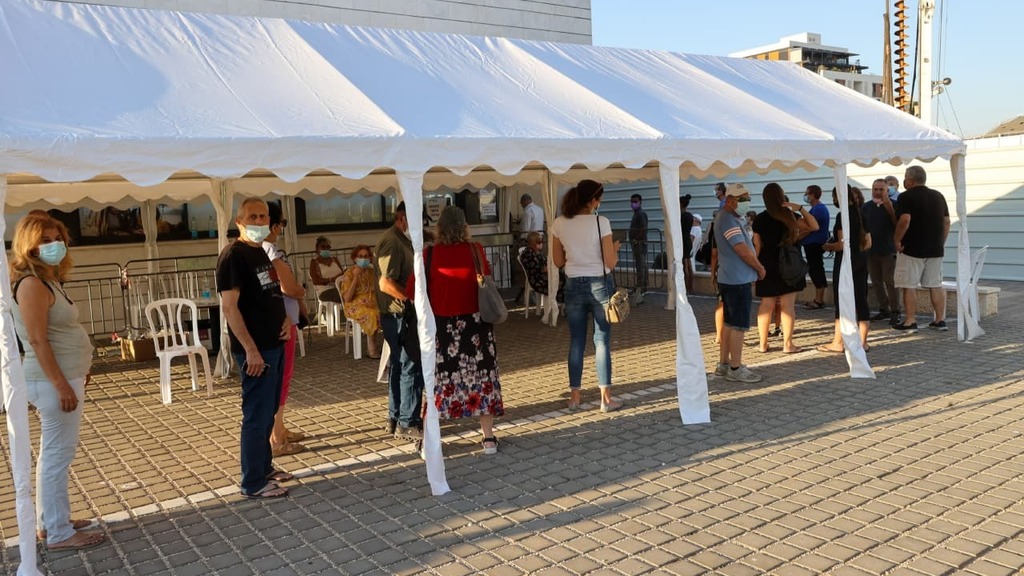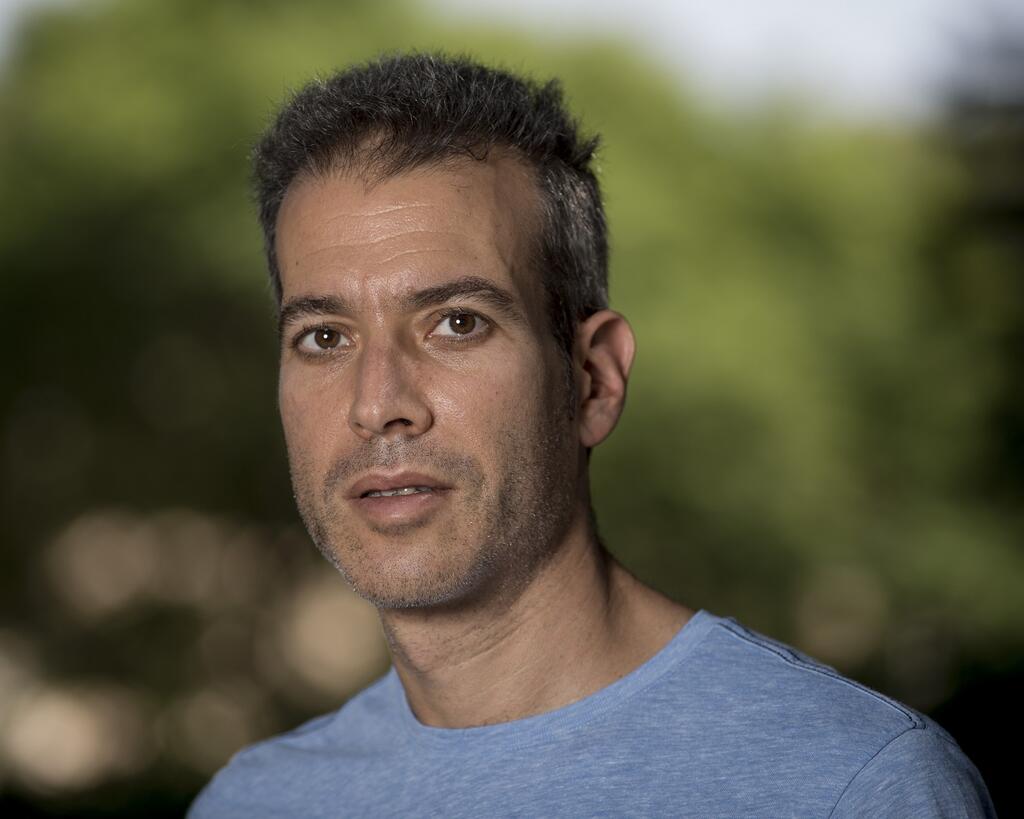Getting your Trinity Audio player ready...
Israel may see over 1,200 severely ill coronavirus patients by the end of August if it doesn't take tougher measures to battle the surge of COVID-19, a scientist advising the government on its pandemic response said Monday.
Prof. Eran Segal of the Weizmann Institute of Science told that Israel had "wasted" two months since the start of the latest coronavirus wave in the country instead of working to further incentivize vaccination.
3 View gallery


Magen David Adom volunteer coronavirus test at rapid testing station in Jerusalem
(Photo: Magen David Adom)
"We've essentially wasted time because we are already two months into this wave and the thing that can prevent it is vaccinating a million [still unvaccinated] people. There are many ways to do this, we're looking at other countries that take much more aggressive measures on the issue," Segal told the Ynet studio.
"For example, health workers in the U.S., France and Greece cannot remain health workers if they are not vaccinated. Universities are closing their gates to unvaccinated students and professors. There were some lawsuits on the matter, but the universities came out on top. We are seeing financial incentives as well and more and more actions.
"I think that whoever is not vaccinated endangers themselves first and foremost, they endanger others and I think it makes sense to take more daring steps in this regard. Of course, there must be a dialogue, and some studies have shown that even something as simple as sending a text message saying 'we've set up an appointment for you' can help."
Segal, who developed Weizmann Institute's prediction model for the spread of the pandemic, added that adequate vaccination rates would eventually balance out rising cases and hospitalizations.
"For now, [the morbidity] is in line with our expectations considering the fact that we have not advanced in vaccinating the million people for two months, so in fact, there was nothing to balance out the increase in morbidity. That is why we're expecting to see the numbers growing.
"The number of new daily cases and severe cases doubles every 10-12 days but some factors are working in our favor to balance out this rise in morbidity. The vaccine protection of the newly vaccinated kicks in only after a month. About half a million people have received the third shot and we hope it would reduce the rate of confirmed patients who develop a serious illness by a substantial factor, also somewhat reducing infections."
Segal also said he believed that if the infection trend continues as is, the Israeli healthcare system will be overwhelmed by 1,200 serious cases of coronavirus by the end of August.
"I am not saying that's where it will go, I am saying that this is one of the possible scenarios if these trends continue."



